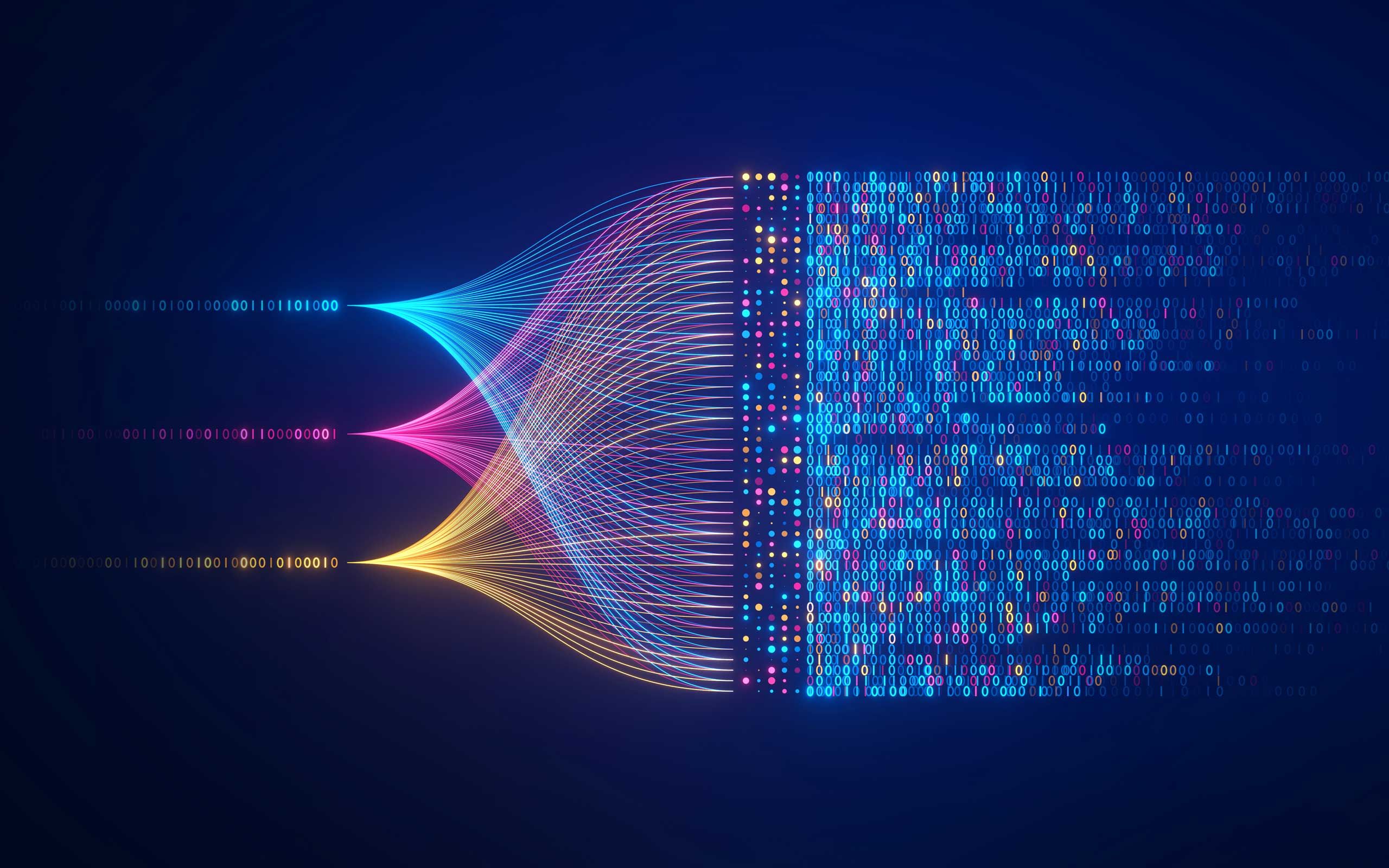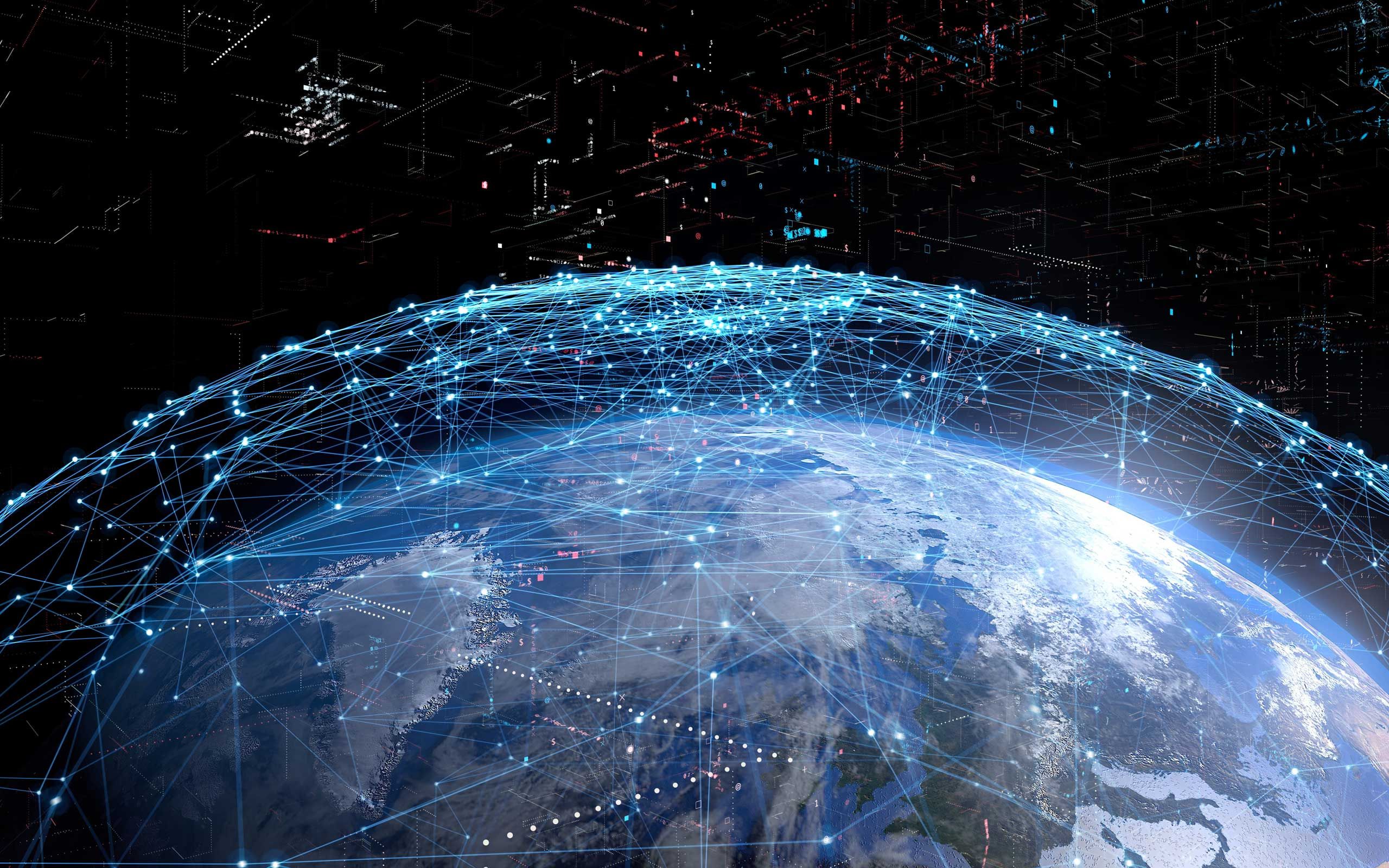Stay Ahead of the Curve: The Relevance of ISO 27001 in a Dynamic Threat Landscape
As organizations embrace technological advancements to drive growth and efficiency, they also find themselves on the front lines of an ever-evolving cyber threat landscape. The rise of cyberattacks, data breaches, and the constant emergence of sophisticated hacking techniques underscore the critical importance of robust information security practices.
In this dynamic environment, ISO 27001 emerges as a beacon of relevance, providing organizations with a proactive framework to stay ahead of the curve in safeguarding sensitive information.
The Shifting Sands of Cyber Threats
The digital transformation that has reshaped industries and societies has brought about a fundamental shift in the nature of security threats. Cybercriminals are no longer confined to traditional methods; they have become adept at exploiting vulnerabilities in digital systems and leveraging technology to breach security defenses. From ransomware attacks to phishing campaigns and supply chain infiltrations, the threat landscape has grown in complexity and scale.
Moreover, the boundary between physical and digital realms has blurred, amplifying the potential consequences of a successful cyberattack. Critical infrastructure, healthcare systems, financial institutions, and even governments have found themselves vulnerable to cyber threats that can disrupt operations, compromise sensitive data, and erode public trust.
In this fluid and treacherous landscape, the reactive approach to cybersecurity is insufficient. Organizations must proactively anticipate, adapt to, and mitigate emerging threats. This is where ISO 27001 steps in, providing a roadmap for organizations to build a resilient fortress of information security.
ISO 27001: A Dynamic Framework for Dynamic Threats
At its core, ISO 27001 is not just a set of guidelines; it's a philosophy that recognizes the need for continuous vigilance and improvement in information security. Developed by the International Organization for Standardization (ISO) and the International Electrotechnical Commission (IEC), ISO/IEC 27001 outlines the requirements for establishing, implementing, maintaining, and continually improving an Information Security Management System (ISMS).
Key elements of ISO 27001's relevance in the face of dynamic threats include:
- Risk Assessment and Management: ISO 27001 mandates a systematic and ongoing process of risk assessment in which organizations must identify vulnerabilities, assess potential threats, and evaluate the impact and likelihood of risks. This proactive approach allows organizations to allocate resources effectively to address high-priority risks.
- Proactive Control Implementation: The standard provides a comprehensive set of controls that encompass technological, organizational, and human factors. These controls are not static; they can be tailored to an organization's unique risk profile. By implementing these controls, organizations establish multiple layers of defense against evolving threats.
- Adaptive Incident Response: While prevention is vital, ISO 27001 acknowledges that incidents are inevitable. The standard guides organizations in creating an incident response plan that ensures a coordinated, swift, and effective response to security breaches. This adaptability minimizes the impact of incidents and aids in quick recovery.
- Continuous Improvement: ISO 27001's emphasis on continuous improvement ensures that organizations remain agile in the face of emerging threats. Regular reviews, required internal audits, and updates to the ISMS allow organizations to evolve their security measures and stay resilient in a rapidly changing threat landscape.
The Strategic Imperative of ISO 27001 in a Dynamic Threat Landscape
In a world where a single data breach can unravel years of hard-earned trust, ISO 27001 offers a strategic imperative for organizations. Its relevance lies not only in complying with regulations but in fostering a culture of resilience and vigilance. ISO 27001 certification sends a powerful message to stakeholders, clients, and partners, demonstrating an organization's commitment to going beyond the basics of cybersecurity to embrace a proactive and comprehensive approach to information security.
The standard also empowers organizations to anticipate and adapt to emerging threats. As threat actors become more sophisticated and creative, ISO 27001 equips organizations with the tools and strategies needed to stay ahead of the curve. By embedding a risk-based mindset, implementing robust controls, and maintaining a state of perpetual improvement, organizations can navigate the dynamic threat landscape with confidence.
ISO 27001 - A Highly Relevant Information Security Framework
In an era where the digital landscape is marked by uncertainty and complexity, the relevance of ISO 27001 shines brightly as a guiding light. Its dynamic framework aligns with the ever-changing threat landscape, empowering organizations to proactively address risks, fortify defenses, and respond effectively to incidents. ISO 27001 is not a static solution; it's a living strategy that enables organizations to stay ahead of the curve in safeguarding their most valuable asset: information.
As organizations continue their journey in a digital world fraught with challenges, ISO 27001 remains a steadfast ally, offering insights, strategies, and secrets to navigate the dynamic threat landscape and emerge stronger, more resilient, and better prepared for the uncertainties of tomorrow.
WORLD CLASS ISMS SECURITY DOCUMENTS
More Posts
Talk to MorganHill today and Get the Answers You Need
Scope: We'll help you define important scoping parameters.
Documentation: We'll help you develop all required policies and procedures.
Guidance: We'll guide you through the ISO/IEC process from start to finish.
One Price: Our fees for all services are fixed.
Wherever you are in North America, Europe, Africa, or Asia, MorganHill is ready to assist.
Expertise: Since 2006, we have been an industry leader for ISO/IEC.
Knowledge: We've worked with every ISO/IEC standard currently in print.
Industry: We've worked in every major industry/sector.

Health Technology Case Study
Four months after completing all necessary pre-certification work, the organization obtained ISO/IEC 27001 certification from an accredited ISO ANAB body that we recommend to them.

Cybersecurity Case Study
Obtained ISO 27001 certification from an accredited ISO ANAB body that I recommend to them.

Manufacturing Case Study
Four months after completing all necessary pre-certification work, the organization obtained ISO 27001 certification from an accredited ISO ANAB body that we recommend to them.

Healthcare Case Study
Three months after completing all necessary pre-certification work, the organization obtained ISO/IEC 27001 certification from an accredited ISO ANAB body that we recommend to them.





